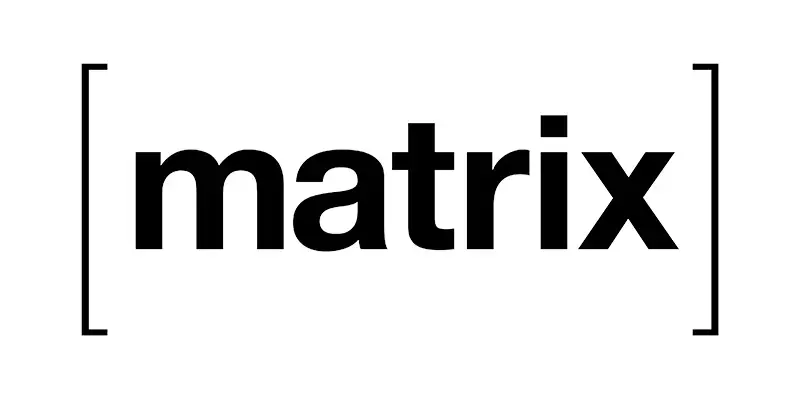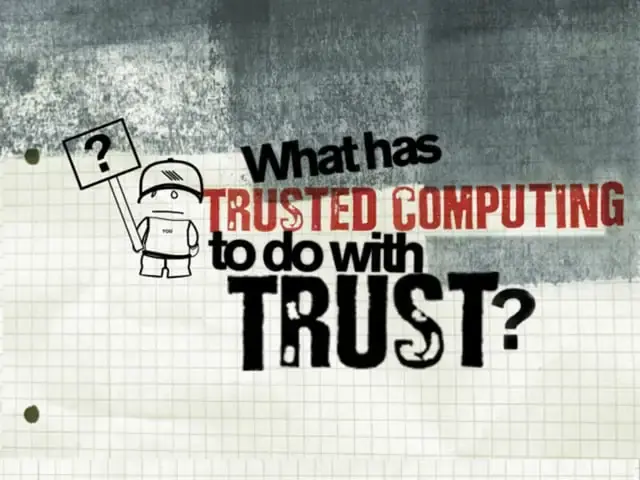

if unprivileged software can ask the integrity verifier component which private key is used as the integrity root, or what rules does the verifier keep, then it can be used by commercial software (and web browsers) to decide whether they allow running themselves on your computer (or whether you are allowed to watch netflix, or log in to the bank’s or the government’s website)







It’s not about the google vibes, it’s that this thing could be standardized and used by several programs and websites.
here’s an example. with google’s integrity system, most phones can not go through attestation. an exception is phones that can run GrapheneOS. but for apps that require attestation, the developers need to change their app so that it accepts valid attestations of systems that use the GrapheneOS key. such apps can decide to keep only accepting google approved systems.
so far it looks like this will work similarly enough that software you run will be able to be picky about what distribution you use.